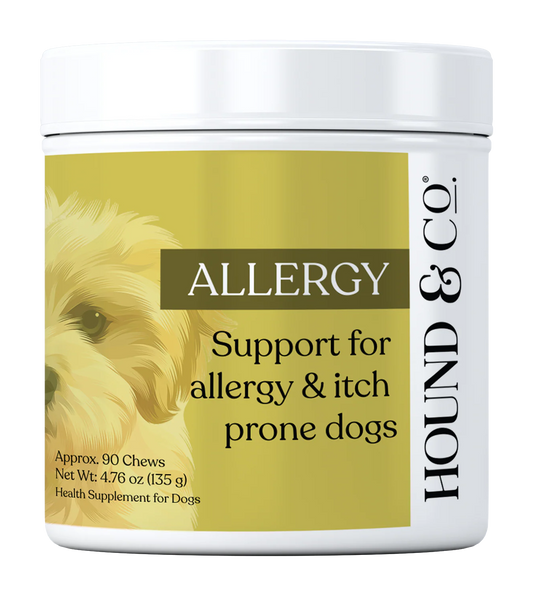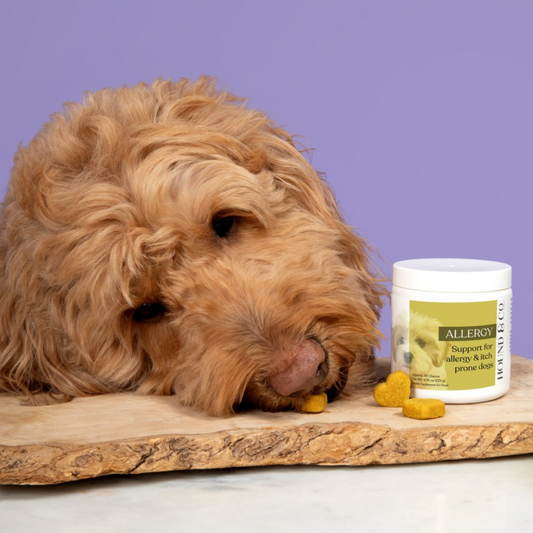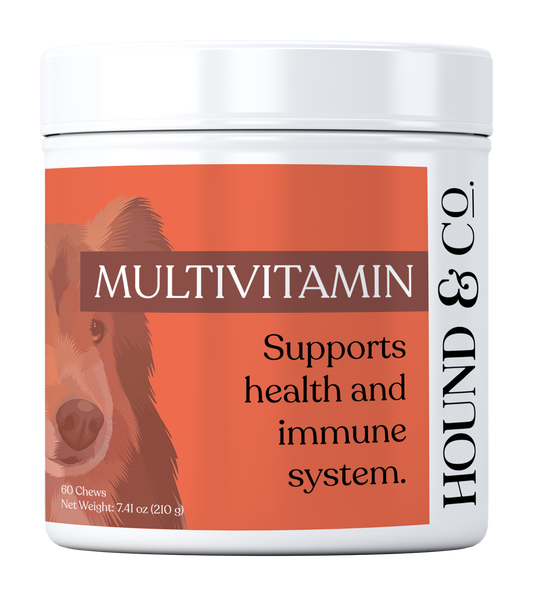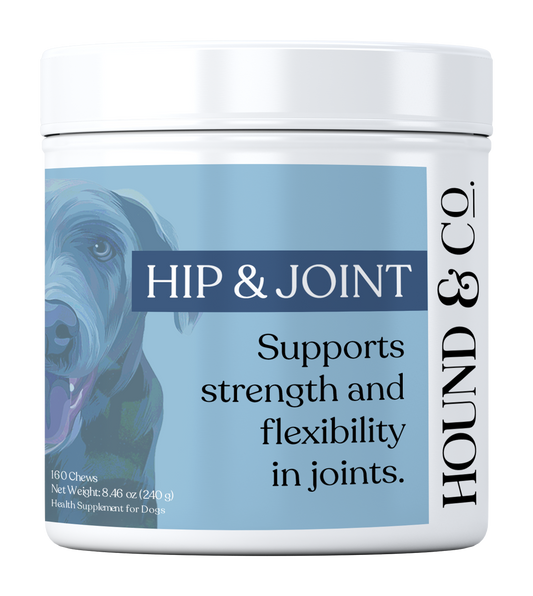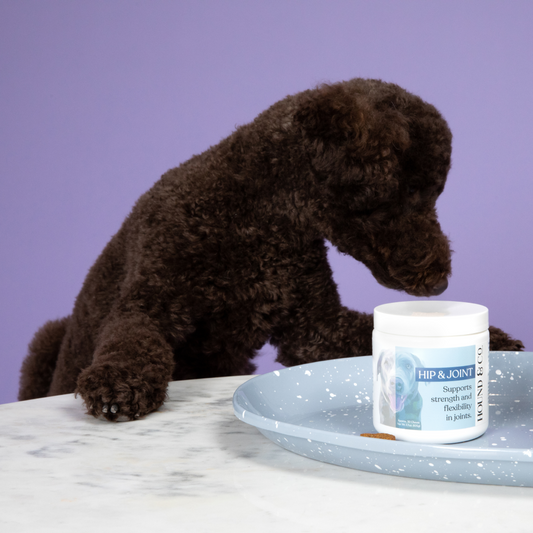The One Thing That’s Missing From Most Dog Diets (But Shouldn’t Be)

Vet Reviewed by Dr. Jacob Klos, DVM

What’s Missing From Your Dog’s Bowl?
Most commercial dog foods—even the ones labeled “complete and balanced”—don’t provide everything your dog needs for optimal health. The missing ingredient? Daily nutritional variety and bioavailable micronutrients.
Many modern dog diets rely heavily on processed kibble, which—despite meeting minimum nutritional requirements—can fall short in delivering enough vitamins, minerals, and digestive support to help dogs truly thrive.
Why Kibble Alone Isn’t Enough
Kibble is designed for convenience, not diversity. It’s cooked at high temperatures, stored for long periods, and often made with synthetic additives to meet nutrient quotas. Here’s where it can fall short:
- Heat processing: Destroys natural vitamins and probiotics
- Lack of variety: Dogs eat the same formula daily, with little nutrient diversity
- Low bioavailability: Some nutrients are present but not easily absorbed
- No fresh enzymes: Important for healthy digestion and nutrient breakdown
This can lead to what some vets call “subclinical malnourishment”—where a dog is technically eating enough, but still not functioning at their best.
Common Signs of Nutrient Gaps
Without targeted support, you might notice the following subtle symptoms in your dog:
- Dry, flaky skin or dull coat
- Low energy or slow recovery after activity
- Inconsistent digestion (loose stool, bloating, gas)
- Frequent itching, licking, or paw chewing
- Recurring ear or skin infections
These issues may not seem serious at first—but they can indicate an underlying nutritional imbalance that builds over time.
How to Fill the Gap—Without Replacing Their Food
The good news? You don’t need to overhaul your dog’s diet to correct this. You just need to supplement the foundation they already have with:
- A daily multivitamin: Fills common gaps in vitamins, minerals, and antioxidants
- Probiotics: Support gut health and help with nutrient absorption
- Omega-3s: Promote a healthy coat, reduce inflammation, and support brain health
Think of it as the difference between eating to survive… and eating to thrive.
What to Look for in a Daily Supplement
Choose a supplement that’s:
- Formulated specifically for dogs
- Free of unnecessary fillers or artificial flavors
- Transparent about ingredient sourcing and dosage
- Backed by veterinarians or third-party tested
And most importantly—make sure it’s something your dog will actually take! Soft chews are a great option because they feel like treats, not medicine.
Final Thoughts
Even if you’re feeding a great brand of dog food, chances are your pup could still use a little extra support. By addressing common gaps with targeted supplements, you can improve everything from digestion and skin health to energy and immunity.
Your dog deserves more than “just enough.” Give them the nutritional edge they need to feel their best—every day.







